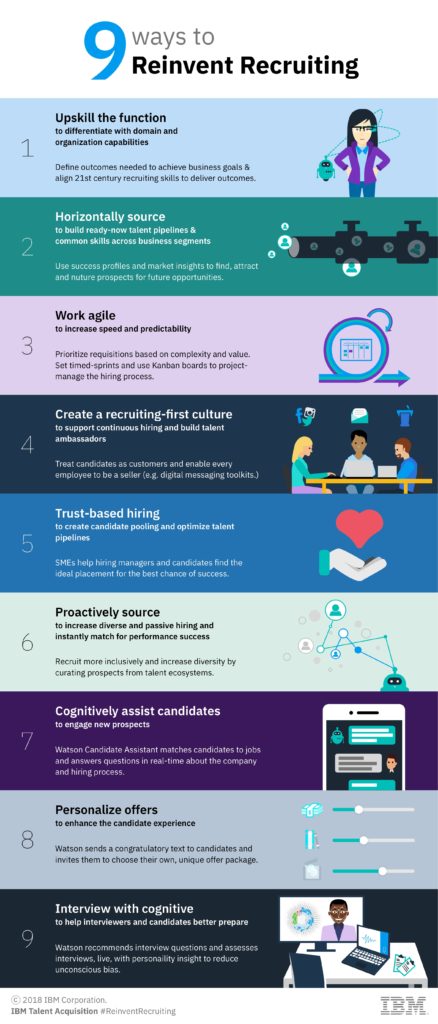I love the concept of questions that will truly show you who someone is. We’ve gone through a long history of asking basic interview questions that don’t really get to the heart of anything. “So, Timmy, tell me what you would like to be doing three years from now?” Okay, well, sitting on a beach drinking margaritas sounds better than this. How am I doing? Did I get the job?
For my interview questions, I really want to understand how someone thinks. What are their true motivations? What gets them up in the morning? It might not be the job I have, in fact, I hope it’s not the job I have because that would be depressing. I don’t get up in the morning for the job I have, I get up because I’m a grown-ass man with a responsibility to take care of my family. I really like my job, but my job is not my motivation.
So, what’s my new favorite interview question? It’s simply this:
So, with the latest data scandal at Facebook, did you delete your Facebook account?
I ask, then I shut up and wait for an answer.
What am I looking for? I’m looking for people who aren’t so naive and fragile that a data breach on a free platform that they willingly signed up for wouldn’t cause them to freak out.
I’m looking for candidates who would go, “no, why would I?” They would describe the process of signing up for Facebook, knowing they were getting value out of something they never paid a dime to use, and knowing that came with a cost. That cost? It’s your data.
I’ll tell you, that isn’t the only right answer. The other answer I would accept is, “Yes, I did, and I also deleted LinkedIn, Instagram, SnapChat, Twitter, etc. I deleted these because I was tired of using free platforms that I know manipulated me and take my data, and I finally got to a point where I didn’t want that to happen any longer.”
Either answer, I would be good with. Both answers show me that the candidate has a pretty good head on their shoulders to understand how the real world works. The same kind of head my grandparents had. No one gives you a free lunch. If you’re getting a free lunch, there is an expectation that you’ll be giving the person paying something, eventually.
If the candidate did delete their Facebook profile, then went right out to Twitter to announce it, then, well, that’s an answer to. It’s not the answer I’m looking for in a candidate I want working for me. I don’t need employees who are shocked by the basic realities of life. It was free, but it cost billions of dollars to make. How do you think they’re paying for it?
Oh, I just love the perfect interview question! Designed correctly, it can give you such great insight to an individual! So, what’s your favorite interview question?

